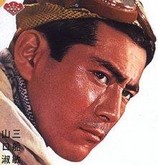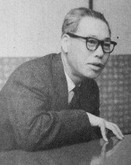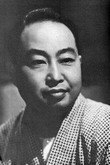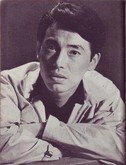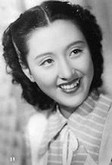
Shichinin no Samurai (1954)
Seven Samurai / De Zeven Samoerai / 七人の侍
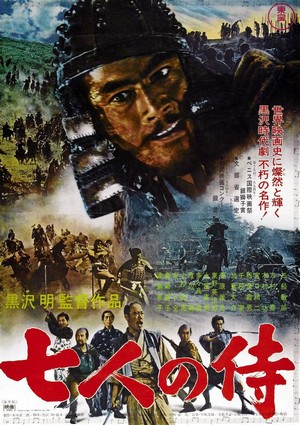
Raiting: ![]() 8,6 /10
8,6 /10
Genre: Action
Director: Akira Kurosawa
Stars: Takashi Shimura, Toshirô Mifune and Yoshio Inaba
Country: Japan
Release date: 26 April 1954
Length: 207 minutes / 160 minutes (international version)
